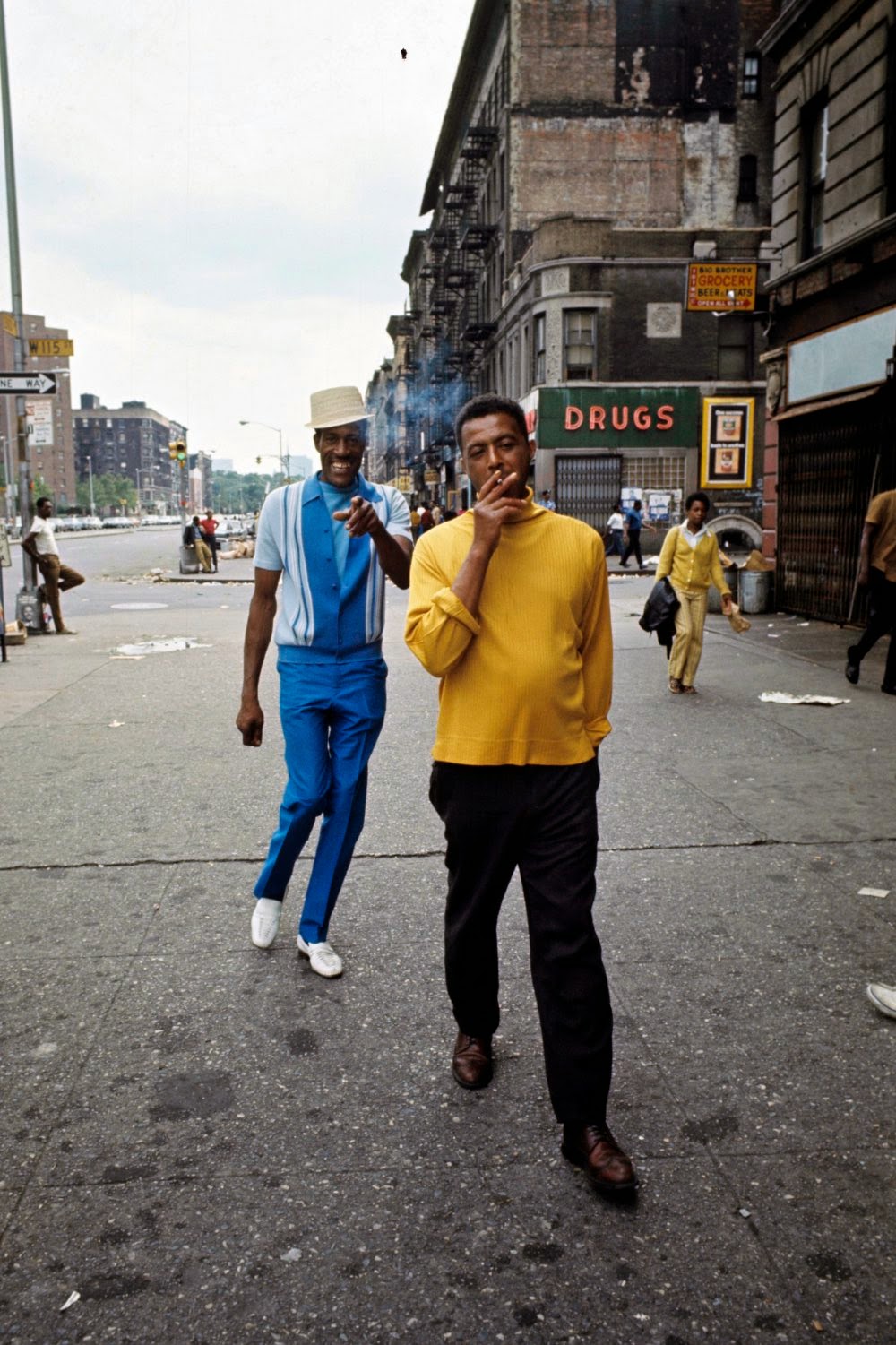The 1970s was a vibrant decade filled with cultural shifts, groundbreaking movements, and the emergence of iconic figures who shaped the landscape of entertainment and society. Among these influential individuals, some became household names, leaving an indelible mark on history. One such famous person in the 70s stands out not only for their talent but also for their contributions to social change, music, and film. This era was characterized by the birth of new genres, the advent of rock 'n' roll, and the rise of counterculture, all of which played a significant role in the popularity of this remarkable figure.
As we explore the life and career of this famous person in the 70s, we will uncover the factors that led to their rise to fame and the impact they had on the world around them. From their early beginnings to their peak in the entertainment industry, their journey is a reflection of the times and the spirit of a generation. Join us as we traverse through the milestones of their life, unraveling the stories that made them a legend.
In this article, we will delve into the biography, personal details, and the iconic moments that defined this famous person in the 70s. We'll also address some intriguing questions about their legacy, influence, and what they represent in modern culture. So, let’s embark on this exploration of a true icon of the 70s!
Who is This Famous Person in the 70s?
This famous person in the 70s is none other than the legendary David Bowie, an artist who transformed the music scene and became a symbol of individuality and creativity. Born on January 8, 1947, in Brixton, London, Bowie was an English singer-songwriter, actor, and record producer. His unique style, eclectic music genres, and theatrical performances captivated audiences around the world.
What Was David Bowie's Early Life Like?
David Bowie, born David Robert Jones, grew up in a working-class family. His early exposure to music came from his mother, who encouraged his artistic pursuits. Bowie displayed a talent for music from a young age, and by the time he was a teenager, he was already performing in local bands. His eclectic influences included rock, jazz, and rhythm and blues, which would later shape his distinctive sound.
What Are Some Key Milestones in David Bowie's Career?
- 1969: Released his self-titled debut album, featuring the hit single "Space Oddity."
- 1972: Introduced his alter ego Ziggy Stardust, a flamboyant rock star that challenged gender norms.
- 1976: Released the critically acclaimed album "Station to Station," further solidifying his status in the music industry.
- 1979: Began exploring new musical styles, including electronic and soul influences.
What Were David Bowie's Most Iconic Songs in the 70s?
Throughout the decade, David Bowie released numerous songs that became anthems of a generation. Some of his most iconic tracks include:
- "Changes"
- "Starman"
- "Suffragette City"
- "Rebel Rebel"
These songs not only showcased his musical genius but also reflected the social and cultural changes of the 1970s. His lyrics often addressed themes of identity, love, and rebellion, resonating deeply with fans.
How Did David Bowie Influence Pop Culture in the 70s?
David Bowie's influence extended beyond music; he became a cultural icon and a pioneer of the glam rock movement. His androgynous persona and bold fashion choices challenged conventional gender roles and inspired countless artists and fans alike. Bowie’s impact on fashion, film, and visual art solidified his status as a true innovator of the 70s.
What Was Bowie's Legacy After the 70s?
Following the 1970s, David Bowie continued to evolve as an artist. His work in the 1980s and beyond showcased his ability to reinvent himself while staying true to his artistic vision. Bowie's influence can be seen in the works of contemporary artists across various genres, and he remains a significant figure in the history of music and popular culture.
What Personal Details Can We Learn About David Bowie?
| Detail | Information |
|---|---|
| Full Name | David Robert Jones |
| Date of Birth | January 8, 1947 |
| Place of Birth | Brixton, London, England |
| Genres | Rock, Pop, Glam Rock, Electronic |
| Notable Works | "Ziggy Stardust," "Heroes," "Let’s Dance" |
| Date of Death | January 10, 2016 |
David Bowie's life teaches us about the power of self-expression and the importance of embracing one's individuality. His journey from a young aspiring musician to an international superstar exemplifies how passion and creativity can lead to a lasting impact on society. Bowie's fearless approach to his art continues to inspire new generations of artists.
Why Is David Bowie Considered a Famous Person in the 70s?
David Bowie's unique blend of music, fashion, and performance art made him a defining figure of the 70s. His ability to challenge societal norms and push the boundaries of creativity solidified his place in history as a famous person in the 70s. His legacy endures, and his work continues to resonate with audiences today.
Conclusion: The Enduring Influence of a Famous Person in the 70s
David Bowie's contributions to music and culture in the 70s have left an indelible mark on history. His creativity, innovation, and unwavering commitment to authenticity continue to inspire artists and fans alike. As we reflect on the famous person in the 70s, we celebrate not only Bowie's artistic achievements but also the profound impact he had on the world around him. Bowie’s legacy is a testament to the power of art to transcend time and connect generations.
.jpg)


